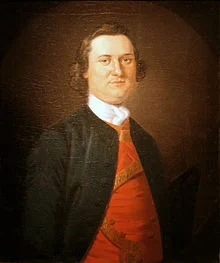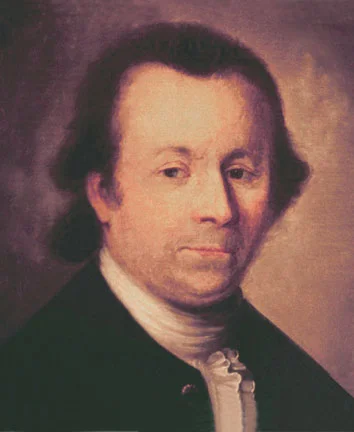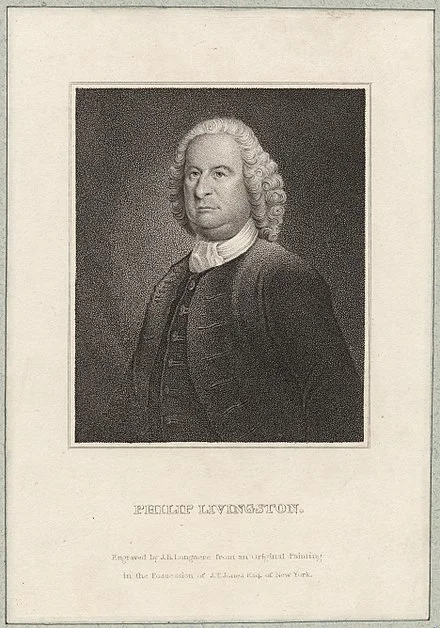Lewis Morris Risks His Comfort For His Country
Lewis Morris put his life, liberty and happiness on the line when he signed the Declaration of Independence.
Despite living a comfortable life that would have only improved if Britain had won the American Revolutionary War, Morris stood on principle and supported the Patriot Cause.
Lewis Morris
Lewis Morris was the owner of Morrisania, a large estate which today makes up most of the Bronx. He was raised on the property (as was his half-brother Gouverneur) and inherited it when his father passed away.
Morris had a lot to lose by siding with the rebels, but nothing to gain. He could only lose his privileges turning against the British Government. Fortunately, Lewis was a man of principles, and he would not stand by while his rights were being trampled.
Continental Congress
In 1775, Morris was elected to the New York Provincial Assembly who, in turn, sent him as a representative to the Continental Congress.
While in Congress, he worked with George Washington on provisions for the soldiers in Boston. Additionally, he travelled to Pittsburgh to negotiate with the Native Americans there.
Upon his return to the Continental Congress, Lewis Morris served on several committees, the most important of which purchased muskets and gunpowder for the Revolutionary War.
Declaration of Independence
By June of 1776 the call for independence had grown throughout the colonies. New York, however, was hesitant.
The might of the British Army had sailed into New York harbor after the evacuation of Boston. The invasion was imminent, and the people were scared.
On top of that, New Yorkers had been less adversely affected by the laws coming out of Parliament. Most of the colony’s citizens were unsure of what to do.
Lewis Morris was certain. There was only one course of action, unite with the other colonies and declare independence.
When the Continental Congress put separation to a vote, Morris enthusiastically supported independence. He signed the Declaration with his comrades.
Morrisania Destroyed
As expected, the British invaded New York. They went to Morrisania and destroyed it. Lewis’ family was forced to live in exile for the next seven years.
Morris never complained. He knew the risks he took when signing the Declaration of Independence.
Fortunately, the Americans won the war. Lewis returned to his home and rebuilt it. He restored his wealth quickly and spent his days peacefully enjoying his farm.
Afterwards
Lewis’s politics would be kept primarily within New York State for the rest of his career. He spent most of his time serving in the State Senate.
Morris attended the Constitutional Ratifying Convention for New York and would later be a presidential elector, voting for John Adams.
Conclusion
Lewis Morris’ most notable achievement is putting his autograph on the Declaration of Independence. His courage in doing this cannot be underestimated, as he knew his property would be destroyed and his comfortable life could very well have been ruined as well.
In hindsight, it is a bit peculiar he did not have more of a role in the creation of the federal government like his younger (by 26 years) brother Gouverneur. His wealth and prestige seem like they would have contributed greatly to his involvement on the national stage. It speaks to how important people still considered their States individually at the time.
If you enjoyed this article, remember to subscribe to the email list for a new Founder every day.
Also, our Book of the Month for July is the Declaration of Independence. I know it's not really a book, but as a young website we are starting from the beginning. It's free all over the internet and at your library but if you'd like to support this site you can buy a copy for your home here. Purchases on this site take you to Amazon giving you the opportunity to support this site at no additional cost to you.
Speaking of books, 'Signing Their Lives Away' is a really fun, quick read about the signers of the Declaration. I highly recommend it.






